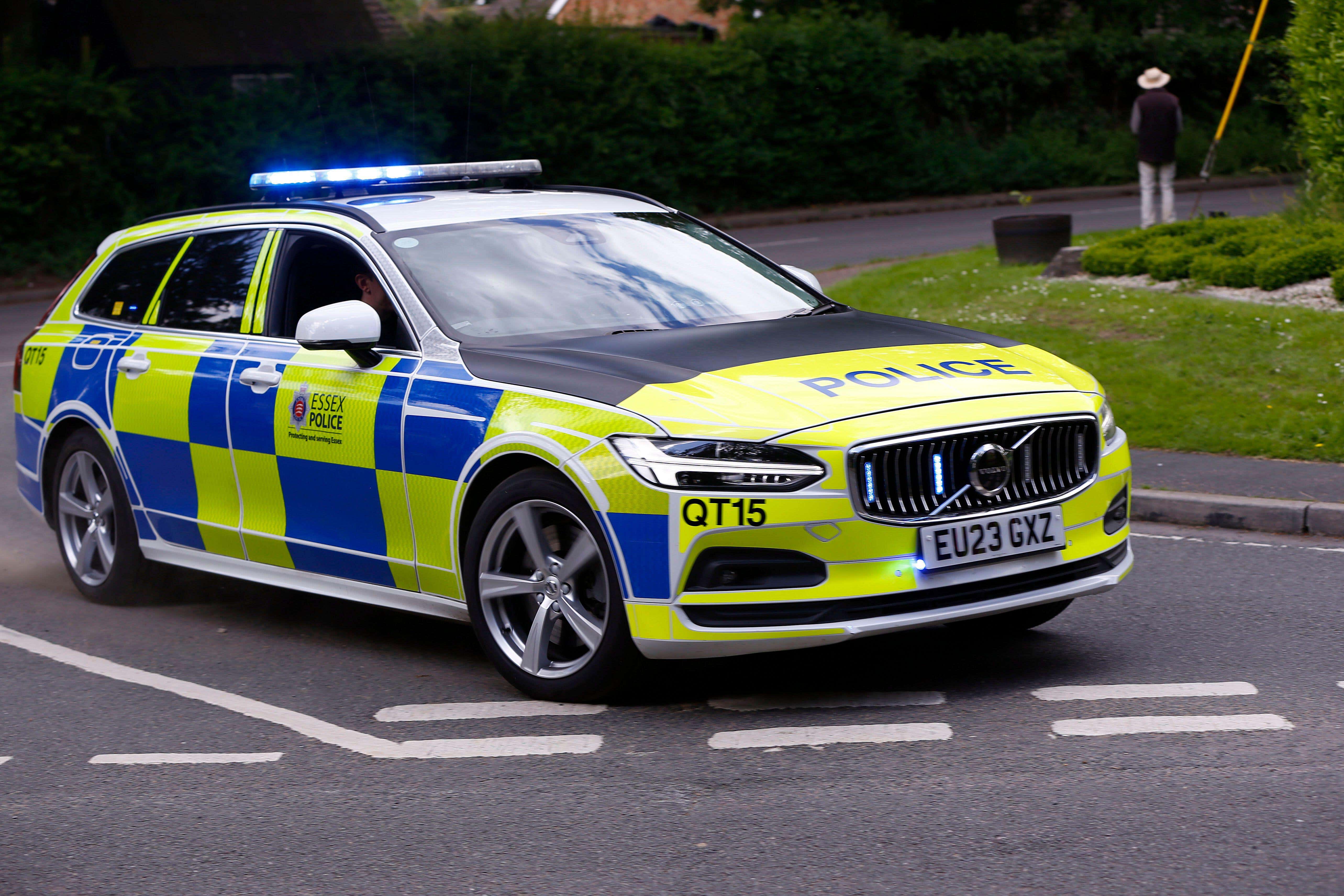Motoring organisation urges Home Secretary to appoint 1,000 new ‘cops in cars’
The AA said a survey of its members indicated 57% believe people can get away with careless driving due to a lack of police presence on roads.

Your support helps us to tell the story
From reproductive rights to climate change to Big Tech, The Independent is on the ground when the story is developing. Whether it's investigating the financials of Elon Musk's pro-Trump PAC or producing our latest documentary, 'The A Word', which shines a light on the American women fighting for reproductive rights, we know how important it is to parse out the facts from the messaging.
At such a critical moment in US history, we need reporters on the ground. Your donation allows us to keep sending journalists to speak to both sides of the story.
The Independent is trusted by Americans across the entire political spectrum. And unlike many other quality news outlets, we choose not to lock Americans out of our reporting and analysis with paywalls. We believe quality journalism should be available to everyone, paid for by those who can afford it.
Your support makes all the difference.Home Secretary Yvette Cooper is being urged to appoint 1,000 new roads police officers amid fears that many drivers are “getting away” with motoring offences.
The AA issued the plea after its analysis of Home Office figures found the number of traffic officers in England and Wales has fallen by 1,022 from 5,237 in 2016 to 4,215 in March this year.
A survey of its members conducted last month indicated 57% believe people can get away with careless driving due to a lack of police presence on the roads.
Many respondents also said other offences were going unpunished due to the reduction in the number of roads police officers, including using a handheld phone behind the wheel (44%), drug driving (42%), not wearing a seatbelt (46%) and using a dangerous vehicle (43%).
The AA said it welcomed the increased use of AI cameras which can detect more offences beyond speeding, but warned roads policing cannot be carried out by cameras alone.
A clear and visible presence is a deterrent itself to ensure better standards of driving, as well as sending a warning signal to criminals that the chances of being caught are higher than before
About nine out of 10 (91%) of its members surveyed said more traffic police would make communities safer.
Labour’s general election manifesto included a pledge to recruit “thousands” of new police officers to tackle neighbourhood crime.
Jack Cousens, AA head of roads policy, said: “Be it driving offences or wider crime, public opinion suggests that too many people are simply getting away it.
“It’s clear that the public want to see more bobbies on the beat, so the Government’s ambition to increase the number of police officers is welcome.
“We believe there should be a wider approach to tackling crime and that more cops in cars could produce safer communities as well as safer roads.
“A clear and visible presence is a deterrent itself to ensure better standards of driving, as well as sending a warning signal to criminals that the chances of being caught are higher than before.
“Most traffic cops catch other crimes in the act, such as discovering stolen goods, through routine stops.
“Similarly, a camera can spot the speeding driver, but it can’t stop them if they are under the influence of drink or drugs.
“Investment in traffic officers does more than improve road safety, it produces safer neighbourhoods too.”
A government spokesperson said: “We have made a commitment to delivering safer streets to secure more communities and restore confidence in policing.
“The Neighbourhood Policing Guarantee will provide a more visible police presence and give every community a named local officer, alongside thousands more officers going into neighbourhood policing roles.
“Under the joint Roads Policing Review, we are collaborating on a range of pilots which will test improvements to roads policing capabilities.”
– Here are the number of full time equivalent road policing officers in England and Wales as at the end of March each year since 2012:
2012: 4,868
2013: 4,675
2014: 4,356
2015: 5,220
2016: 5,237
2017: 4,895
2018: 4,658
2019: 4,415
2020: 4,651
2021: 4,091
2022: 4,102
2023: 4,228
2024: 4,215